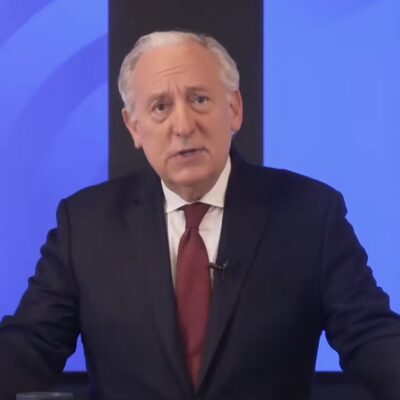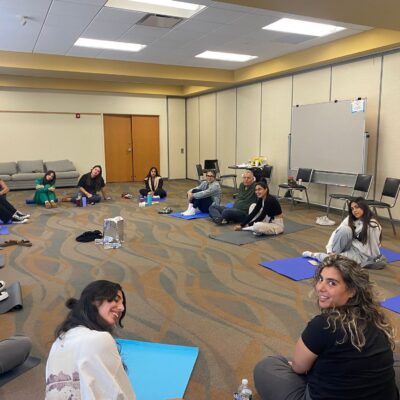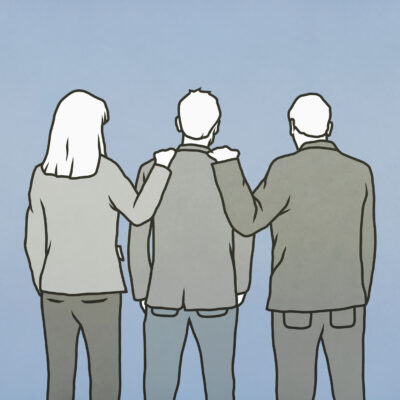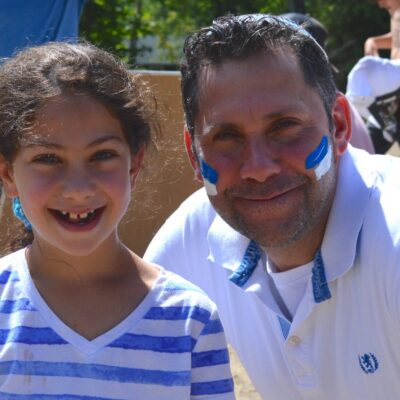Young Adults at Risk in Israel
The publication the JFN Greenbook on Young Adults at Risk presents new challenges and opportunities for funders.

By Shula Mozes
The publication of the JFN Greenbook on Young Adults at Risk on March 19th, 2019 is a landmark event. Reaching this milestone illustrates how much the field has grown since The Mozes Wolfowitz Foundation founded the Lamerhav program in Israel almost two decades ago. While it does not purport to be a narrative history of the field, nor an academic research document, the JFN Greenbook on Young Adults at Risk presents new challenges and opportunities for funders as they aim to affect this key population demographic.
Who are these young adults? In Israel, alone, there are thousands of young adults that lack a family support network. They typically come from dysfunctional or emotionally or financially unsupportive families. Many grew up in official State settings (state boarding schools or foster care). Upon reaching the age of 18, they are considered adults by law and are no longer eligible to receive services from the State’s educational and welfare systems. They are thrown into the transition to adulthood, expected to succeed and thrive without minimal support. Often, the positive processes planted in these young adults during their years in the State’s systems are lost. They face difficult odds to achieve their potential, remain in the cycle of poverty and are doomed to a life of survival only.
Providing support to these young adults creates tremendous impact on the life of the individual as well as on greater society. The Mozes Wolfowitz Foundation was one of the first to identify this need nearly two decades ago. In response, we established Lamerhav in 2001 with the vision of bringing about comprehensive social change through multidimensional, intensive, and long-lasting intervention in the lives of young Israeli adults from low socio-economic backgrounds who lack a family support network. The Foundation continues to support Lamerhav and we are involved in its day-to-day operations. We are determined to help these young adults break through the academic, professional and social glass ceilings that keep them down. Without limits, they successfully integrate into Israeli society as active and independent citizens who contribute and become agents of social change.
The JFN Greenbook on Young Adults at Risk highlights the milestones achieved to date in this field, including developing a common language, and putting the issue on the public agenda leading to the launching of the Government of Israel’s Yated initiative. These are significant achievements, but they are just the start.
Our vision is to create long-term, tailor made solutions for all young adults in at-risk situations in Israel and beyond. Achieving this is a long way off and will require vast cooperation between philanthropists, governments and the third sector. The JFN Greenbook on Young Adults at Risk highlights three philanthropic investment opportunities that, if seriously pursued, will have an immediate positive and lasting impact:
Transitions as weak points – The period of young adulthood is a “transition period.” It is a transition between adolescence and adult life, and between many situations and settings. In Israel, mentees are guided through three major changes that comprise the transition into adulthood for most Israeli young adults and which are extra sensitive for the at-risk population: graduation from high school and recruitment into military or civil service, studying at university, and entering the workforce. New philanthropic investment is needed to expand the mentoring capabilities to all of Israel’s 2,500 (non–immigrant) lone soldiers transitioning out of military or national service each year.
Mentoring as a profession – Much pioneer work has been done in the field of mentoring at-risk young adults. We work continuously to define, recognize and develop the field of mentoring as a profession. We focus on cooperating with the Government of Israel and with organizations in the field of at-risk young adults, and on establishing training and qualification programs at institutions across the country. The next urgent step is developing a professional accreditation program for working with young adults at risk.
Financial education as a key to independence – Financial literacy is a critical tool in successfully transitioning into adulthood. A number of pilot programs that teach economic literacy to young adults without family support have been successfully adopted by mentors. We need to scale them up, make them available for all mentors of at–risk young adults and incorporate new media to make courses and trainings directly available to a wide audience.
As philanthropists, we have the ability to work across national boundaries and it is incumbent upon us to share best practices from around the world. This sharing of knowledge and best practices will further enhance our capabilities to meet the needs of this population group.
I encourage all those involved in the field to see the JFN Greenbook on Young Adults at Risk as an opportunity to get involved. Together, we can give at-risk young adults a future, and strengthen our societies.
Shula Mozes is Chairperson of the Mozes Wolfowitz Foundation, the Lamerhav program and the Working Together Initiative. She represents the philanthropists on the Israeli Government’s Yated Initiative and is a noted social entrepreneur.

 Add EJP on Google
Add EJP on Google








